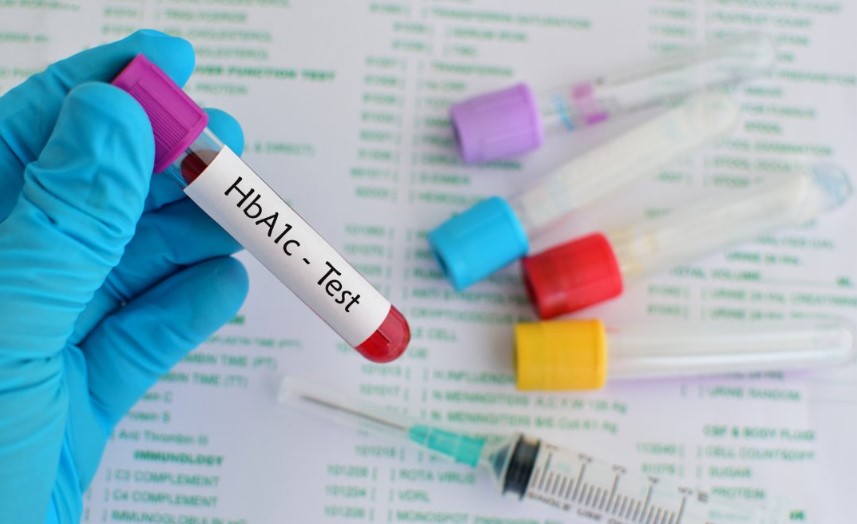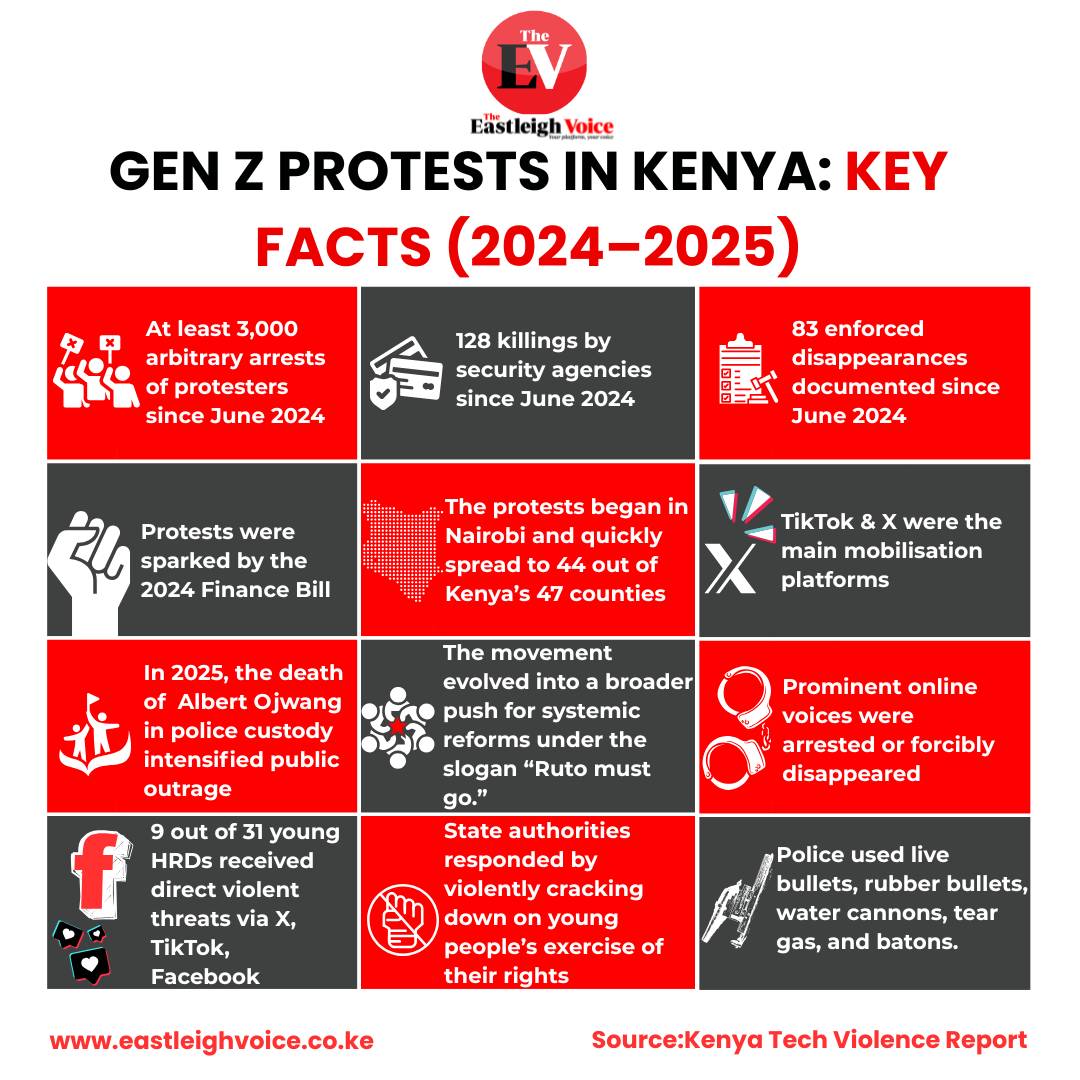Study: Diabetes costs Kenya's healthcare system Sh74.5 billion annually

The study points out gaps in the country's readiness to combat non-communicable diseases like diabetes.
A new study by the African Population Health Research Centre reveals that diabetes is costing Kenya's public healthcare system approximately Sh74.5 billion every year.
This financial burden arises mainly from managing complications related to the disease, encompassing both direct and indirect costs.
More To Read
- Study shows women under 50 face higher risk of colon growths from ultra-processed foods
- Why gestational diabetes is no longer a temporary pregnancy problem
- WHO issues first global guidelines on diabetes in pregnancy
- Convenient but dangerous: The hidden health risks of ultra-processed foods
- Artificial sweeteners linked to higher diabetes risk, study finds
- Two weeks without sugar: What I learned about my body, culture and cravings
The research, conducted in six public health facilities in Nairobi, highlights the growing strain that type 2 diabetes (T2D) places on the country's health resources.
"Approximately 59 per cent of the total costs are attributed to complications arising from poor management of the disease," the researchers noted.
Among the complications, nephropathy, a kidney-related issue, stands out as the costliest, consuming Sh36.5 billion annually.
Other common complications, such as retinopathy and neuropathy, also contribute significantly to the overall expenses.
Currently, an estimated 1.8 million adults live with diabetes in Kenya, a number expected to rise to 2.2 million by 2030.
If urgent action is not taken, the financial toll on the public health system is projected to reach Sh177 billion by 2045.
"If no actions are taken, the total cost of managing T2D is projected to hit Sh177 billion by 2045," the study warns.
Type 2 diabetes is a long-term condition in which the body does not use insulin properly, leading to abnormal blood sugar levels.
It can cause symptoms such as excessive thirst, frequent urination, and fatigue.
Additionally, type 2 diabetes increases the risk of severe complications affecting the eyes, feet, heart, and nerves.
The study was published on Monday by BMC Health Services Research.
Other researchers were from the Amsterdam Medical Centre, the University of KwaZulu-Natal, the Wits Centre for Health Economics and Decision Science, and the Service of Lifestyle and Chronic Diseases, of Belgium.
The study points out gaps in the country's readiness to combat non-communicable diseases like diabetes, with T2D costs exacerbated by undiagnosed cases.
Top Stories Today











































